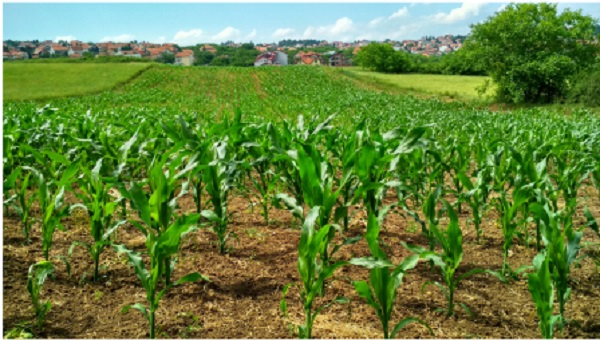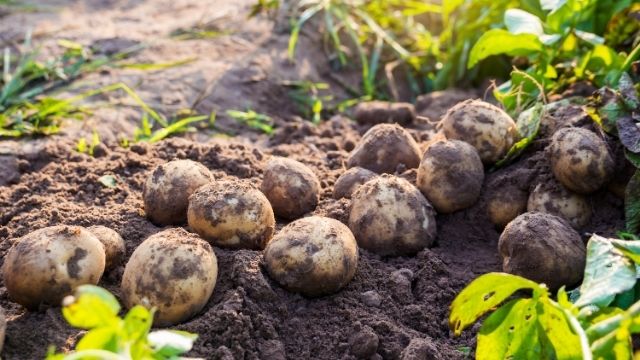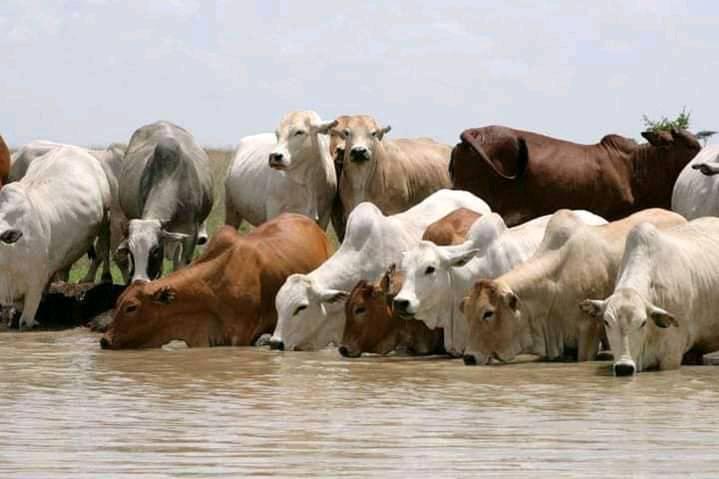Urban farming has many benefits to individuals, communities and companies. As an urbanite, you can grow vegetables and fruits right in boxes placed on your backyard. You can raise small livestock such as goats, rabbits and chicken for meat, milk and egg production. You can use these for self-consumption and sell the extra. This is a dream come true to thousands of urban farmers from various parts of the world. This article outlines the importance of urban farming using ten benefits for illustration that you can enjoy by raising crops and animals in cities.
Related: What is Urban Farming? See how easily you can start
Are you wondering why you need to start practicing urban agriculture? These include income and job creation and food security for the urban poor. Organic and safe production that contributes to food safety and the health of consumers. We detail these urban farming benefits among others as follows;
Food safety and hygiene
Incidences of food/water-borne diseases such as cholera and typhoid are on the rise. This results from consuming contaminated food. Non-communicable disease cases of cancer, hypertension and diabetes which are linked to eating “poisonous” diets are rising. Growing your foods can avert these health problems through;
- Urban farming is majorly organic farming or uses chemical farm inputs sparingly. this will reduce your consumption and exposure to harmful farm chemicals and antibiotic residuals. those residues are high in bought fresh vegetables, fruits, eggs and milk. They have very harmful health effects when consumed for long.
- In urban farming, you harvest and consume foods the same day. This guarantees its freshness, quality and nutrition. Shipped and processed food use chemical preservatives that are detrimental to our health.
- You can make sure there is higher hygienic and food safety standards in production, handling, storage and preparation of food. This way you cannot feed on aflatoxin, E Coli 0157: H7, Salmonella, or Hepatitis A. These pathogens can contaminate food from unhygienic equipment, water or unhealthy food handlers.
Food security
The main reason you should grow crops and rear animals in towns is to increase your food supply. This will ensure you serve more meals to your family each day without having to pay for them. You can gift your surplus harvests to close relatives and friends or sell them cheaply to one’s neighbours. This ensures your community consumes more food and hence better nutrition. Urban agriculture can also fill fresh produce shortages that occur during bad weather emergencies and civil unrests which disrupt transport and distribution channels.
Nutrition security

Keeping small livestock and growing vegetables will give you milk, meat and eggs for self-consumption. This will provide you with nutrients such as proteins and vitamins that most urban poor households cannot afford. They suffer from urban unemployment, poverty and high food prices. Most of them are malnourished from insufficient nutrient and food intake per day.
Generate income
On average, urban families spend up to 30% of their monthly income on food. As you produce your foods, you will cut down on your spending considerably. Savings that you will make this way improves your family life as you can afford more and better goods or services. You can sell excess food harvests after fulfilling your family consumption.
As a result of population growth, urbanization and an expanding middle-class, there is a shift in demand for white meat, eggs and organically grown vegetables. You can tap into this growing demand. You can grow and mark fresh and organic foods that adhere to the highest hygienic and safe standards.
Job creation and social impact
Urban farming is crucial in creating jobs, reducing poverty and promoting social inclusion among the urban poor. It employs many people directly in farms to plant, weed, milk, harvest and other farm activities. Relatives can provide this labour for free. You can employ additional people on a permanent, casual or volunteer basis. Salaries and wages paid to them improve their livelihoods. By engaging people that are idle, urban farming reduces incidences of social-cultural ills such as drug abuse and theft. Urban farming needs many people indirectly. These can be input suppliers, traders, food vendors, transporters among others.
Entrepreneurship
Urban farming performance is below its full potential. This results from various challenges facing it. These include bad weather, poor soil nutrients, pests and diseases, inappropriate use of agriculture inputs and limited farmer knowledge. Those difficulties are more pronounced in cities because of soil and water contamination, limited farming spaces and prohibitive policies.
You can make money by marketing affordable solutions to any of those challenges. Business ideas include; supplying farm inputs such as seeds, agrochemicals and fertilizers. Promoting climate-smart agriculture products such as green and net houses and rainwater harvesting tools. Marketing agricultural mechanization products such as water pump and fermentors to farmers and food handlers. You can set up a food transformation and processing business such as a fresh juice shop, a hotel or a milk bar. One can also become a plant raiser marketing clean vegetables and fruits seedlings.
Environmental and ecological benefits
Food transformation contributes to climate change and environmental pollution. This happens during production transport, processing, packaging and distribution of food. These lead to emission of harmful gases, food wastage and disposal of non-degradable food packages. Urban agriculture can help us improve our environments by;
- Establishing green zones and forests in vacant land spaces. This will provide shades regulating city temperatures during hot seasons.
- Making Compost manure from household wastes and organic refuses to make organic fertilizers for crops.
- Use food and mill and market remains to feed livestock and poultry
- Planting cover crops such as sweet potato vines to stop soil erosion, reduce rainwater runoff and capture dust from wind erosion.
Education and recreational benefits
Most urban consumers do not relate how and where food is produced. They cannot, for instance, tell whether we pick avocadoes on trees or uproot them. Urban agriculture is a chance to teach our young ones to respect farming, hard work, food production and avoid wasting food.
Urban gardens can expose participants to routine farm chores. They can feed animals, water crops, clean chicken pens or groom pets. while the tasks can be normal family chores, others can be institutional, recreational or educational activities. This will teach members multiple skills such as responsibility and entrepreneurship. One can also appreciate animal safety and other ethical practices in food production and marketing. Farming activities are very relaxing and recreational if considered a hobby.
Cushion against supply disruptions

Cities are net importers of foods from rural areas. This opens the possibilities of food supply disruptions. This can be a consequent of adverse weather such as storms, hurricanes or typhoons or civil unrests like strikes and clashes. Practising urban farming provides an alternative supply of perishable foods close to consumers. This way, fruits, vegetables, milk and meats travel only a few blocks from field to table.
Read Also: Youth in Agribusiness; 9 Entrepreneurship Ideas
Reduce post-harvest food losses
Moving perishable food products for long distances is susceptible to post-harvest food wastage as food decomposes or dehydrates. Growing your food in town and marketing to neighbours reduces food wastage occurring after harvest and before consumption. This is by reducing the time we take to market food when it is still fresh.
Conclusion
As urbanization grows, so will urban farming. Agriculture is a profitable sector whether practised in rural or urban areas. It provides not only human food, but it’s a major source of animal fodder and industrial raw materials. As showcased above it employs millions of people and creates wealth for individuals and companies all over the world. This among other justifications makes a case farming within municipal, town or city boundaries.



